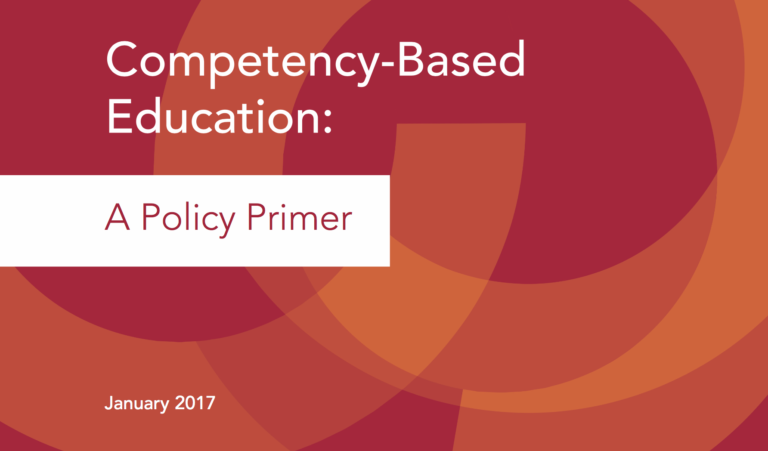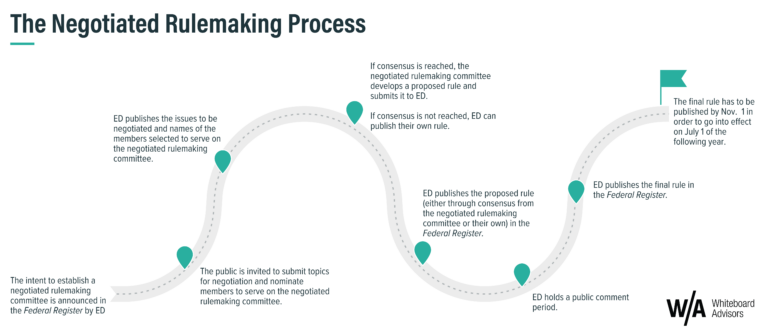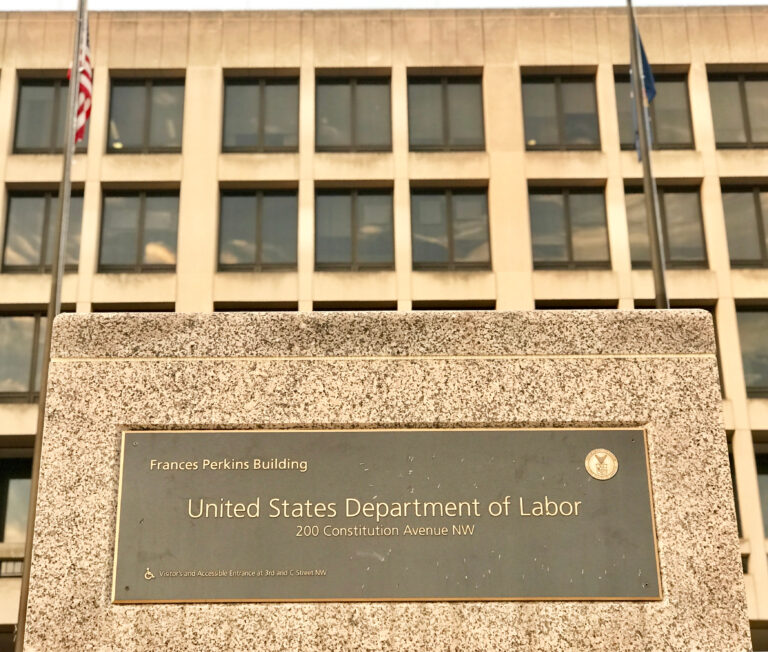Over the last eight years, higher education has experienced a quiet revolution. Amid unbundling, calls for disruption, and the rise-and-fall of the MOOC, the U.S. Department of Education (ED) has ushered in a sea change in higher education.
The change is happening, in part, because ED is allowing a handful of institutions to accept federal financial aid for programs that do not rely on the traditional credit hour, but rather on verified evidence of student learning and achievement, referred to as competency-based programs. The new programs allow learners to move through coursework at their own pace and schedule, potentially reducing the cost of completion. They also allow a school to imagine new instructional formats and methods of delivery that value mastery of skills and abilities over who delivers the instruction or how it’s delivered.
Like so many terms and trends that transcend policy and innovation, competency-based learning is at once widely discussed and poorly understood. In order to bring clarity to an increasingly complex conversation, we partnered with Capella University to provide an overview of the competency-based education landscape and identify issues that policymakers and practitioners are likely to face in the near future. The full white paper is available for download below.




